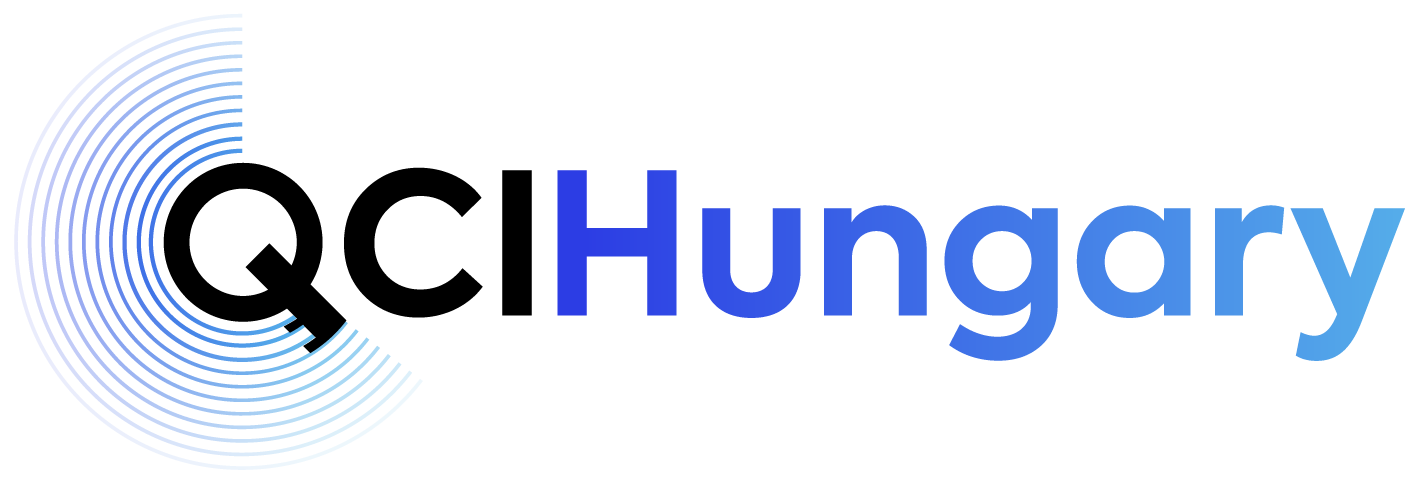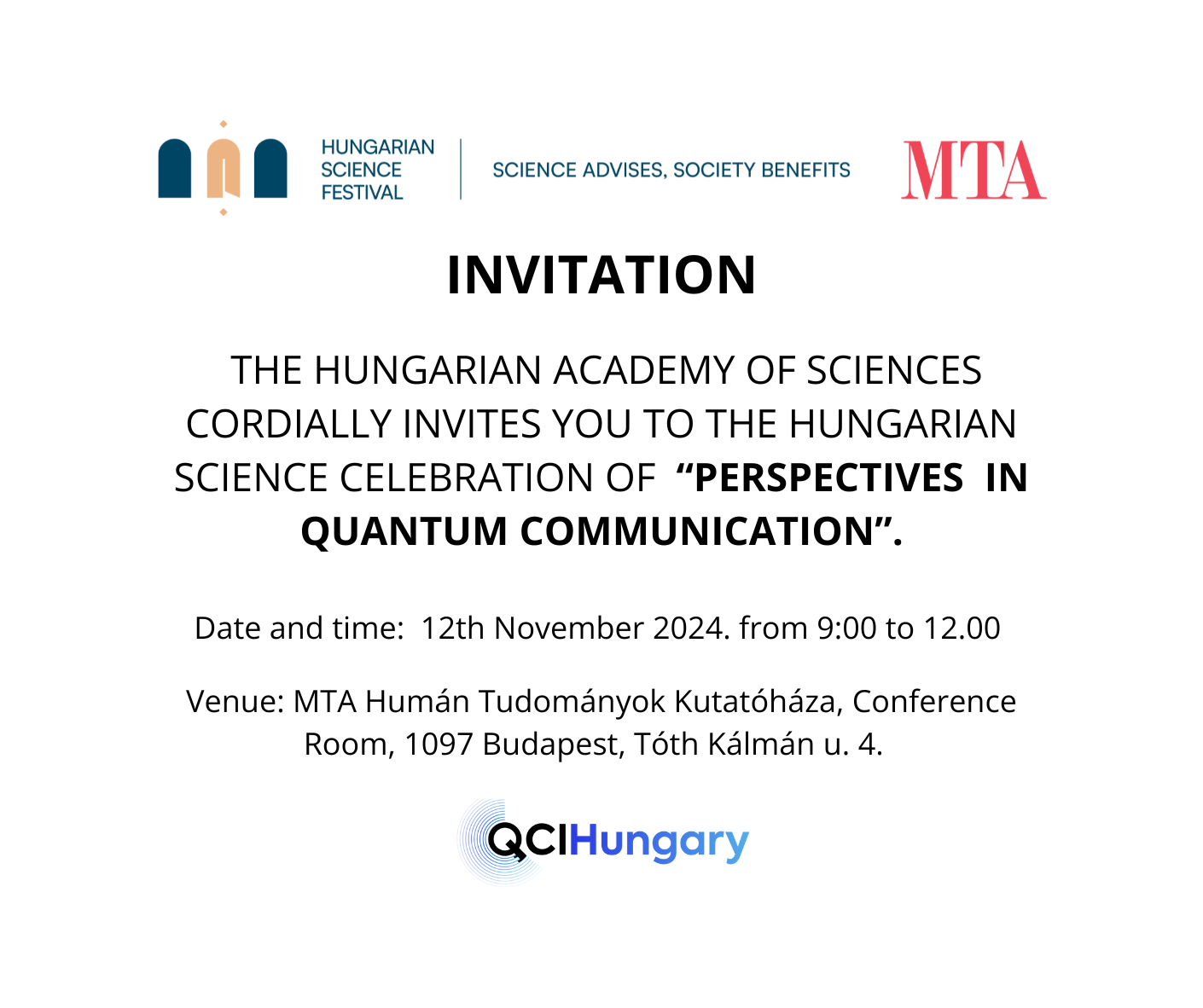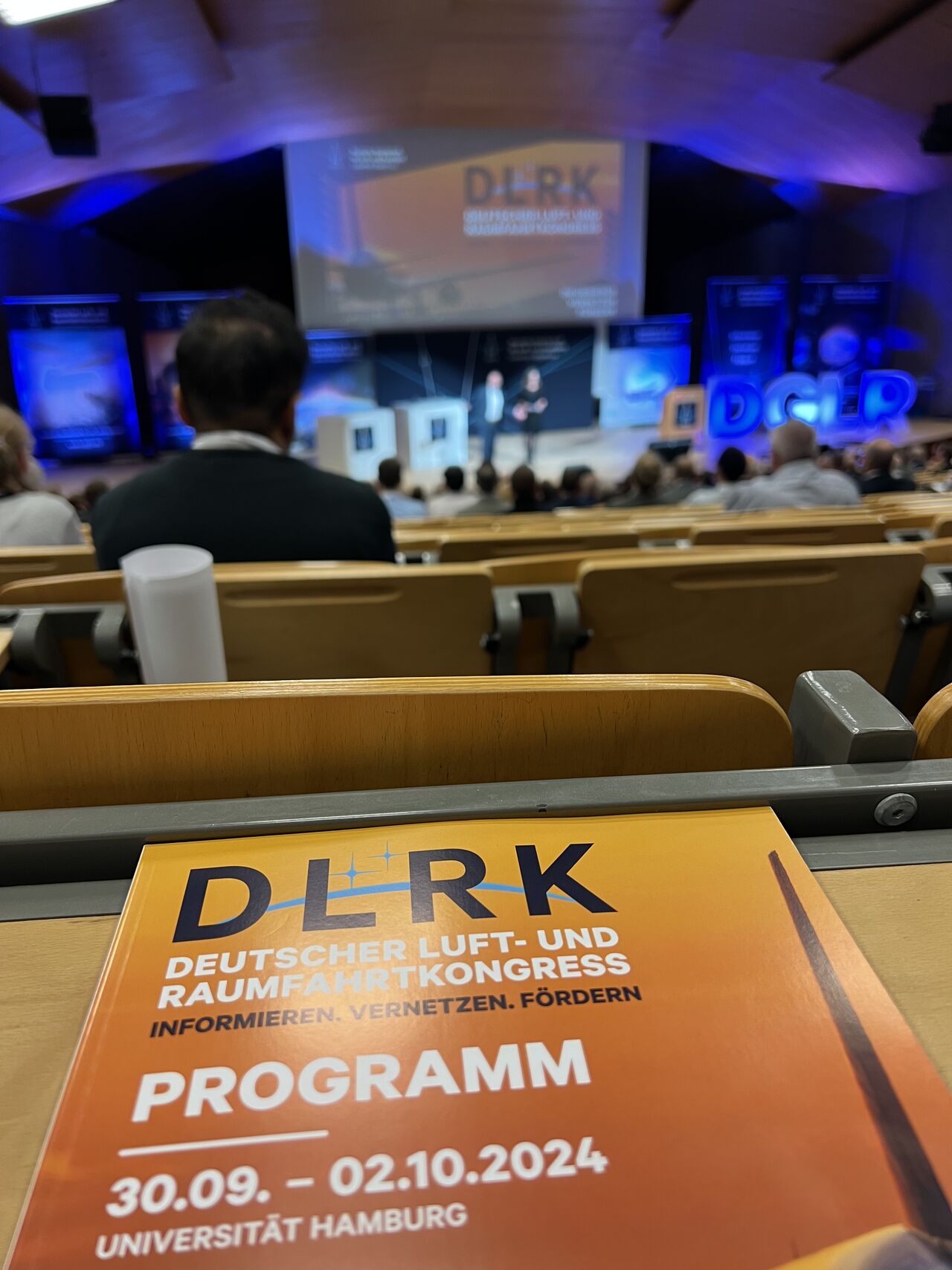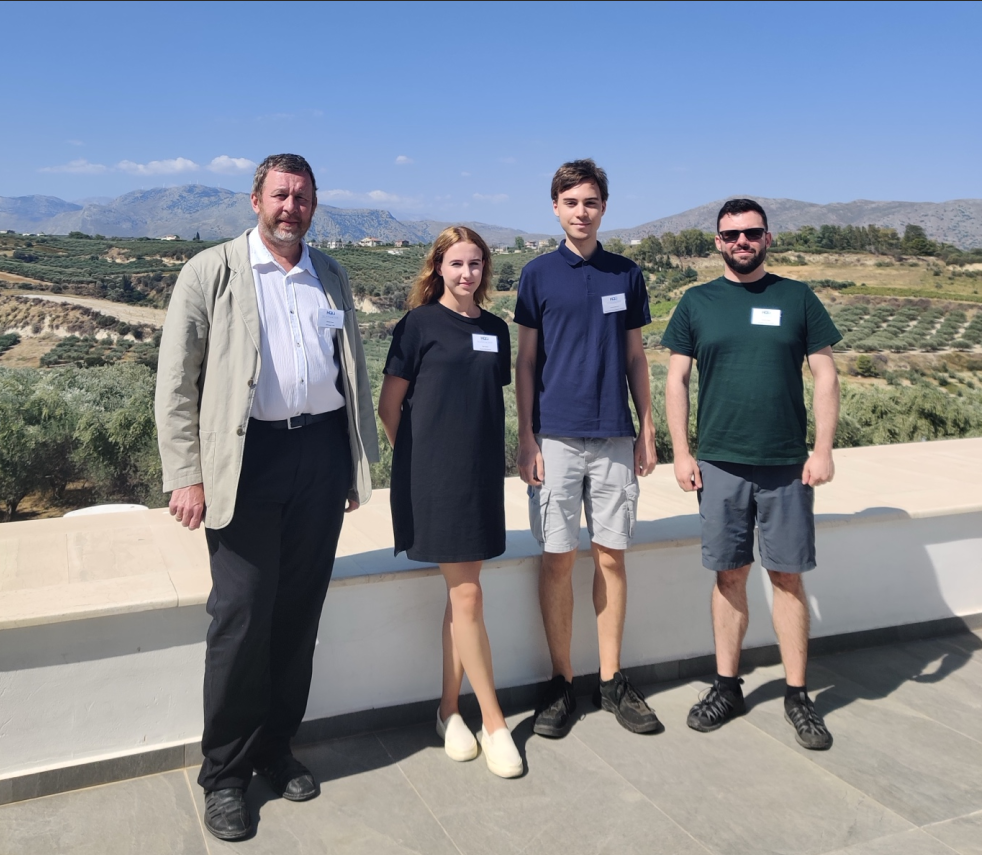NEWS
About QCIHungary
The Deploy Advanced Quantum Communication Infrastructure (QCI) in Hungary (QCIHungary in short) project is implemented within the framework of the Digital Europe Programme under Contract r number 101081247.
The project aims to lay the foundations of a national quantum communication infrastructure in Hungary, with the eventual goal to participate in the creation of a larger pan-European quantum network. We plan to connect the capital, Budapest, with three cities in three different directions (Győr, Nagykanizsa, Szeged) with the future possibility of cross-border connections with Austria, Slovakia, Slovenia, Croatia, and Romania. Within Budapest, a metropolitan network is envisioned to be employed for various purposes. The backbone and a part of the metropolitan network will be constructed from commercially available quantum key distribution (QKD) systems.
The project also builds on previous Hungarian research to develop a continuous variable as well as an entanglement based QKD system over optical fibres. In addition to terrestrial, optical fibre based QKD systems we intend to prepare for later satellite-based QKD connections by developing a freespace quantum link and by the installation of a quantum-capable ground station. We complement our deployment efforts by developing the necessary supporting software.
Another important aspect of the project is training and education: methodologies and training materials will be developed for various audiences and a simulator software for our courses. The project will actively engage in international collaborations with neighbouring and other EU countries in order to exchange practical experiences and to coordinate future work.
The project will run between 1/1/2023 and 30/6/2025 by four institutions: Governmental Agency for IT Development as consortium leader, and Budapest University of Technology and Economics, Eötvös Loránd University, and Wigner Research Centre for Physics.



